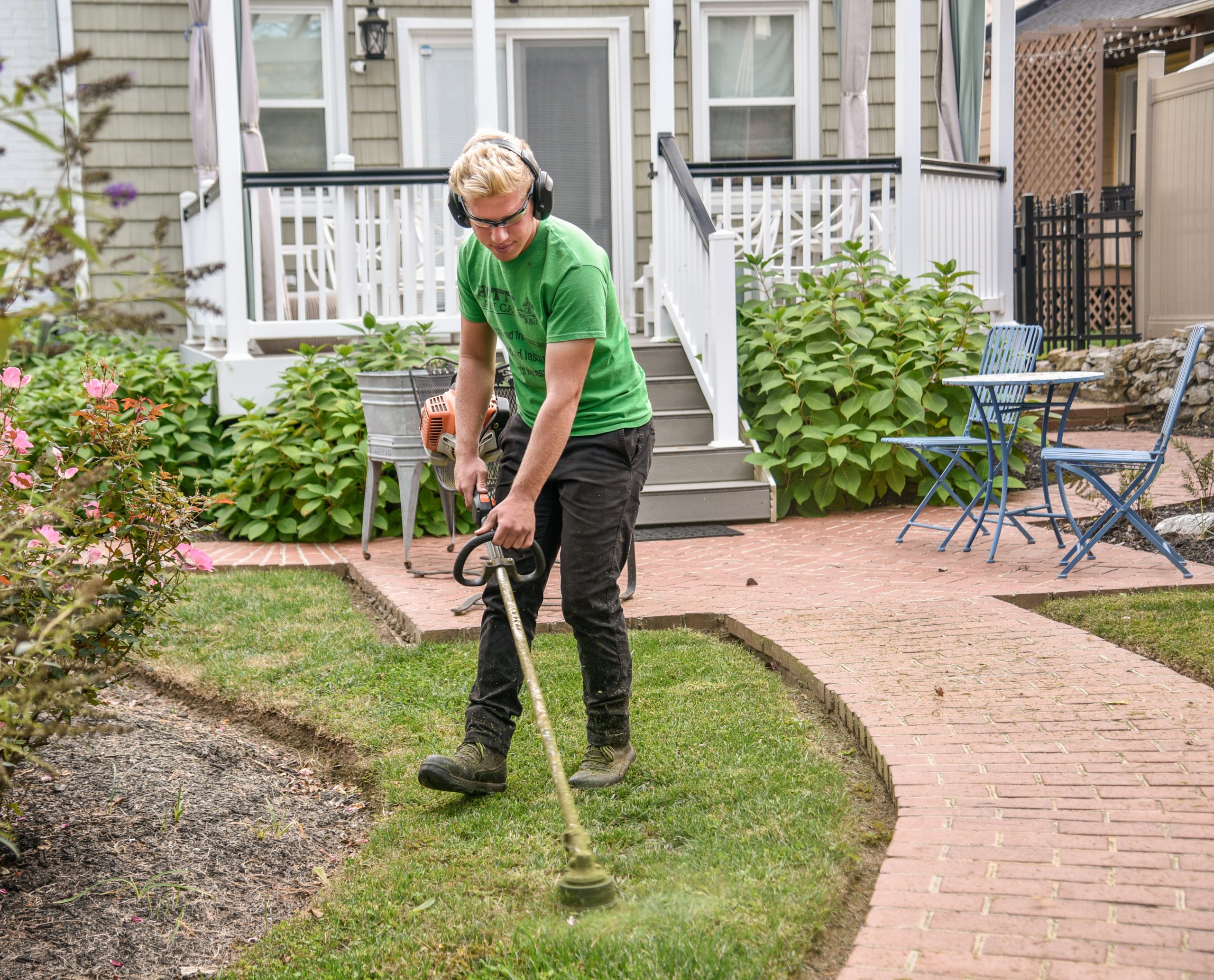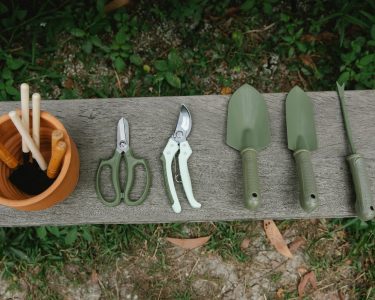Are you looking to reduce your household waste while also creating nutrient-rich soil for your garden? Look no further than composting! Composting is the process of breaking down organic materials into a rich, soil-like substance that can be used to improve the health and fertility of your plants. But what should you add – or not add – to your compost pile? In this article, we’ll give you all the information you need for successful composting, including tips on what materials are safe to compost and which ones should be avoided. Get ready to turn kitchen scraps into gardening gold with our comprehensive guide to composting 101!
What is Composting?
Composting is a simple and effective way to recycle organic waste, such as food scraps and yard trimmings, into nutrient-rich soil. When you compost, natural microorganisms break down the materials in the pile over time, creating a dark, crumbly substance that can be used to improve soil quality.
Composting not only reduces the amount of waste sent to landfills but also helps reduce greenhouse gas emissions by diverting organic material from decomposing anaerobically – or without oxygen – which produces methane gas. The process of composting also helps retain moisture in soil and suppress plant diseases.
To start composting at home, all you need is a bin or pile where you can layer your materials. Materials high in carbon include dried leaves and paper products while nitrogen-rich items include fruit peels and grass clippings. By balancing these components properly along with enough moisture, air circulation, turning the pile occasionally for added airflow will help facilitate decomposition faster. Composting is an easy way for anyone to make a positive impact on both their immediate environment and our planet as well!
What to compost
Composting is a simple and effective way to turn your kitchen and yard waste into nutrient-rich compost that can be used in your garden. But what exactly should you add to your compost pile? Here are some things you can safely add:
1. Fruit and vegetable scraps: These include things like banana peels, apple cores, carrot tops, and potato peelings.
2. Coffee grounds and tea bags: Used coffee grounds and tea bags provide nitrogen to the compost pile.
3. Eggshells: Crushed eggshells provide calcium to the soil when they break down.
4. Grass clippings and leaves: These items make great additions to a compost pile because they contain a lot of carbon.
5. Manure from herbivores: Horse, cow or rabbit manure is rich in nitrogen which makes it a beneficial addition for any gardeners’ composting efforts.
On the other hand, there are also things that you shouldn’t add to your compost pile such as meat or dairy products that attract pests; pet waste which contains harmful bacteria; weeds with mature seeds or diseased plants; sawdust from pressure-treated wood; glossy paper products coated with chemicals.
Composting provides an easy way of reducing waste while producing organic fertilizer for gardens at home. By knowing what materials can be added to the mix safely will ensure successful outcomes for both experienced gardener enthusiasts or novice hobbyist alike!
How to compost
Composting is an excellent way to reduce your carbon footprint and make a positive impact on the environment. Once you have gathered all of your organic materials, it’s time to start composting. Here are some simple steps that will help get you started.
Firstly, choose a location for your compost pile or bin. Ideally, this should be in a shady spot that also receives some sunlight throughout the day. Make sure the area is easily accessible and has good drainage.
Next, add a layer of brown material like leaves or shredded newspaper at the bottom of your pile. This helps with drainage and provides air circulation.
Add your green materials such as fruit and vegetable scraps or grass clippings on top of the brown layer. Be careful not to add too much at once as this can slow down decomposition.
Once you’ve added both green and brown materials, use a garden fork or shovel to mix everything together thoroughly. This will allow for proper airflow which speeds up decomposition.
Keep adding food scraps and yard waste as they become available while continuing to turn the pile regularly until it becomes rich soil-like humus that can be used in gardens around trees plants flowers vegetables herbs anything; just avoid using any meat products!
What not to compost
While composting is a great way to reduce waste and nourish your garden, there are some things that you should not add to your compost pile.
Firstly, avoid adding meat or dairy products. These items can attract pests and rodents, which will ultimately lead to an unpleasant smell in your compost bin. Additionally, these items take longer to decompose and may even cause the composting process to break down entirely.
Similarly, it’s best to avoid adding oily foods like salad dressings or cooking oil. Oils can make it difficult for oxygen to reach the microorganisms responsible for breaking down organic matter in your compost pile.
Another thing you should not add is pet waste. While it might seem natural since it’s biodegradable, pet waste contains harmful bacteria that can contaminate your soil and plants with diseases like E.coli or salmonella.
Avoid adding weeds with seeds intact as well as diseased plant material. Doing so could result in weed growth within your garden bed while spreading disease throughout healthy plants.
By avoiding these items altogether when cultivating a rich soil amendment from kitchen scraps and yard trimmings through home-scale composting encourages healthy decomposition while also promoting sustainable gardening practices.
Conclusion
Composting is an excellent way to reduce waste and create a nutrient-rich soil amendment for gardening. By following the guidelines of what to add and what not to add, you can ensure that your compost pile is successful in producing high-quality compost.
Remember, always add a mix of brown and green materials, keep your pile moist but not too wet, turn it regularly, and avoid adding any meat or dairy products. With these tips in mind, you’ll be well on your way to creating rich organic matter that will help nourish your plants while reducing landfill waste.
So start composting today and do your part in creating a healthier planet!




